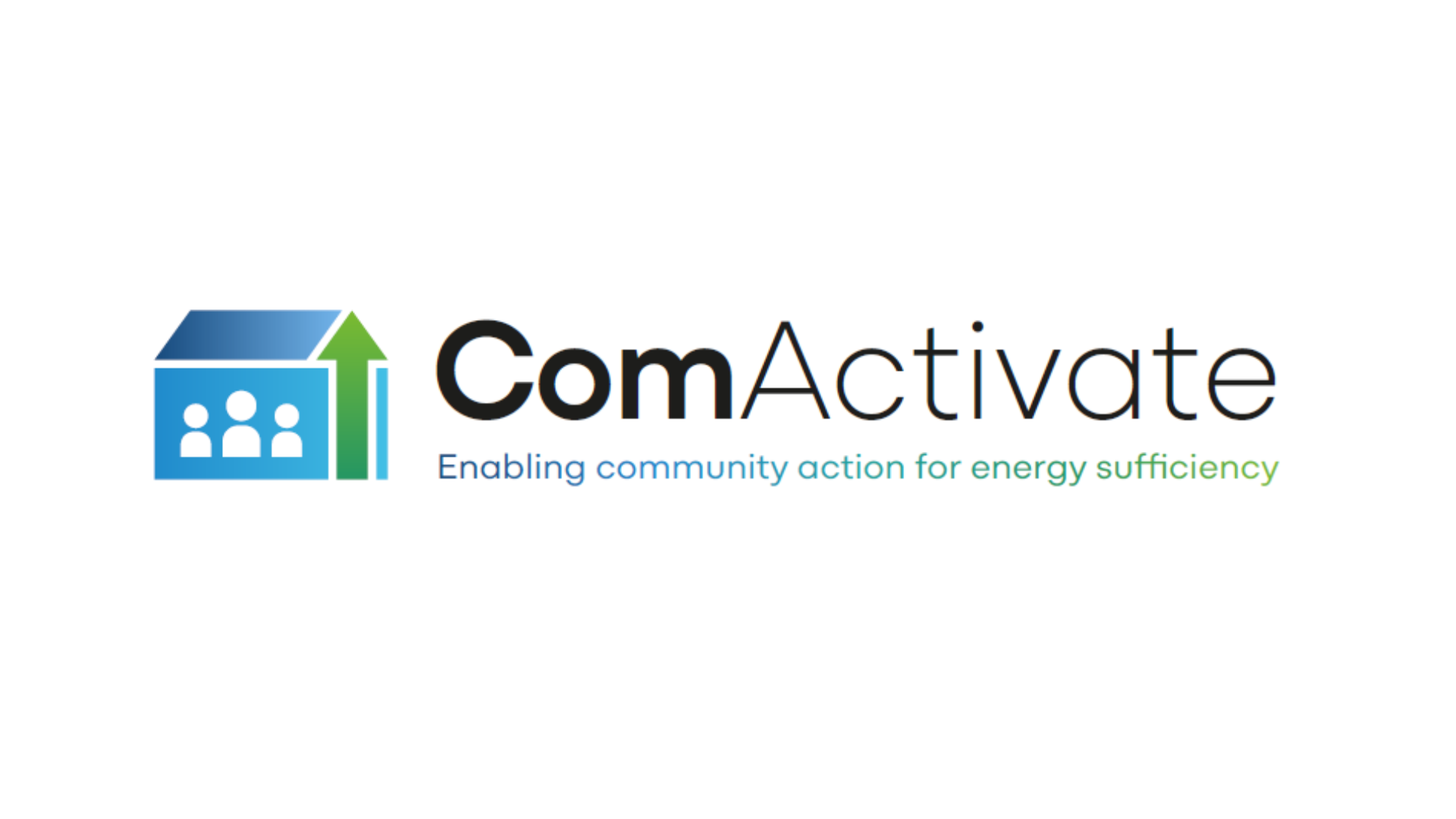
ComActivate will be implemented in five municipalities in four countries: Burgas in Bulgaria, Józsefváros in Hungary, Kaišiadorys in Lithuania. These countries represent different regions of CEE with differing sets of constraints, yet each country has a similar history, geography, climate, and operational constraints to their neighbouring cluster of countries, aiding regional replication. Multi-Family Apartment Buildings (MFABs) have been chosen as around 60% of people in CEE live in MFABs, and the social, technical, legislative, and financial challenges to MFAB renovation are complex and undefined, especially when it comes to renewable energies. ComActive will develop, demonstrate and advocate solutions for MFABs that reduce energy poverty, enhance energy security, and bring building emissions in line with climate targets (near complete decarbonisation by 2050) through:
- Institutionalisation of Resource Centres (RCs) at the local level as a recognised mechanism to reach energy poor communities and facilitate agreement in Home Owner Associations (HOAs);
- Development of Neighbourhood Energy Sufficiency Roadmaps (NESRs) to address the complexities of renewable energies for MFABs and determine how energy needs can be secured in line with poverty alleviation and climate neutrality;
- Building the capacity of HOA managers for the implementation of renovations, and raising awareness of communities to dispel concerns about the benefits of renovations;
- Public- private policy and investment dialogue at the national and EU level to enable the sustainability of RCs and the implementation.
Some concrete key performance indicators (KPIs): Expected outcomes of the ComActivate project, i.e., the project performance indicators can be divided into short-term impacts (within the project duration) and long-term impacts (5 years after the project ends, i.e., by 2031).
- Number of multi-family apartment building dwellings renovated
- Short-term impacts: 8.5% fully renovated (EE) with RES installed (of the 300 MFABs targeted)
- Long-term minimum impacts: 11.5% fully renovated (EE) with RES installed, 30% fully renovated, and 50% partially renovated
- Number of energy-poor consumers benefiting (MFAB residents in target neighborhoods with warmer/cooler homes, lower energy bills, secure energy supply)
- Short-term impacts: 16.000 residents
- Long-term minimum impacts: 170.000 residents
- Primary and final energy savings generated:
- Short-term impacts: 30GWh/year primary, final energy 25GWh/year
- Long-term minimum impacts: Primary energy 322GWh/year, final energy 266GWh/year. Reduction of 59%
- Renewable energy sources generated:
- Short-term impacts: 134GWh/year
- Long-term minimum impacts: 218GWh/year
- Reduction of greenhouse gases (GHG) emissions
- Short-term impacts: 6%
- Long-term minimum impacts: 63% to 110,000 tCO2/year after energy efficiency and RES installations
- Investment in energy efficiency and renewable energy sources
- About €600 million invested in renovation and introduction of RES, stimulated by the project activities
- Number of jobs created
- Two additional jobs are created per RC (ten in total) as a result of funds secured through the project
- Number of policies, strategies adapted
- Five SECAPs 1-3 national policies per country; 1-2 EU policies
Follow the project updates on X
(former Twitter) and LinkedIn
. This page was last updated on 5 December 2023. For the most updated information about the project, please visit the EC Funding and Tender website and the website of the project.
- Project duration
- -
- Project locations
- Kaisiadorys, LithuaniaBudapest, HungaryBurgas, Bulgaria
- Overall budget
- €1 992 536
- Project website
- Project website
